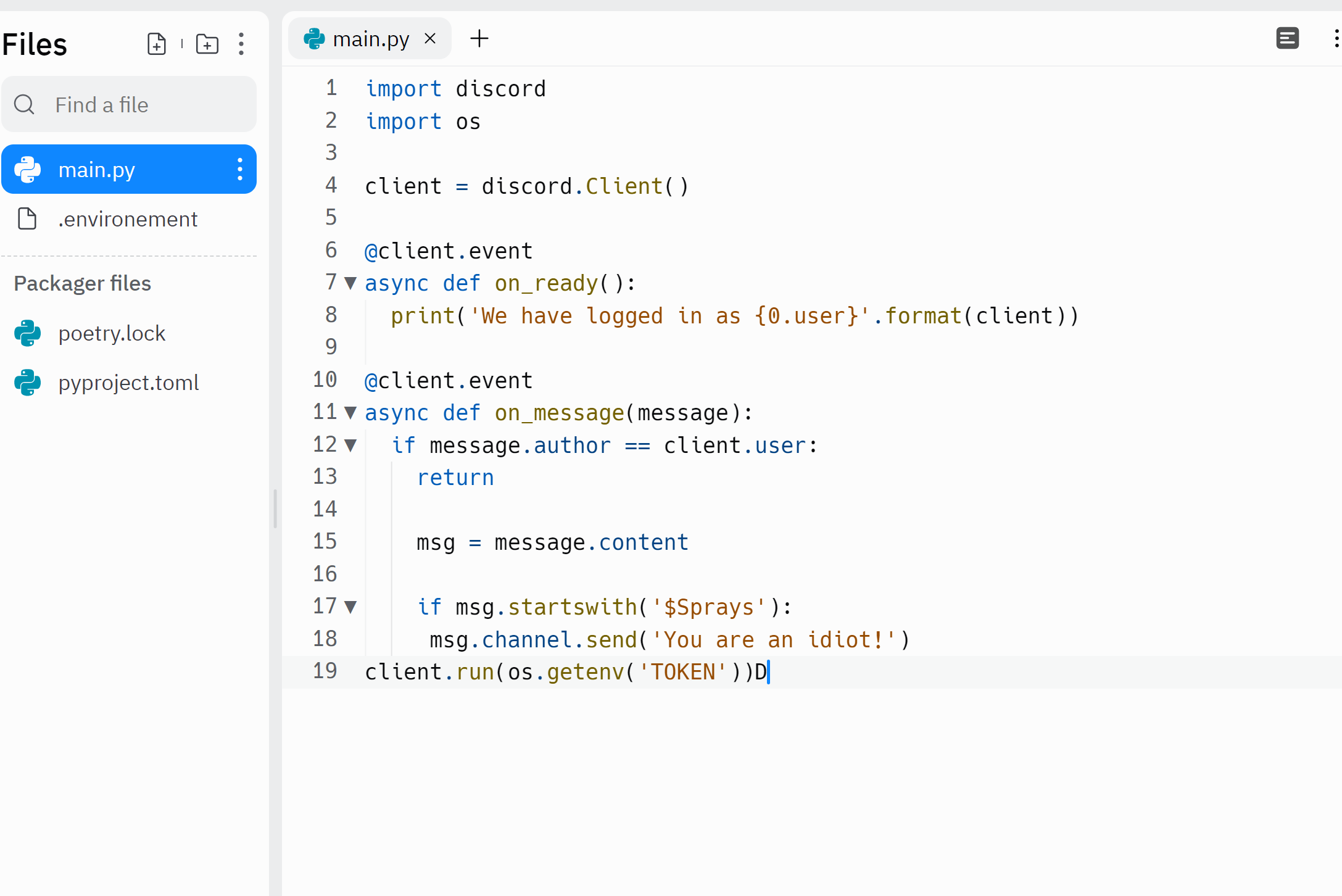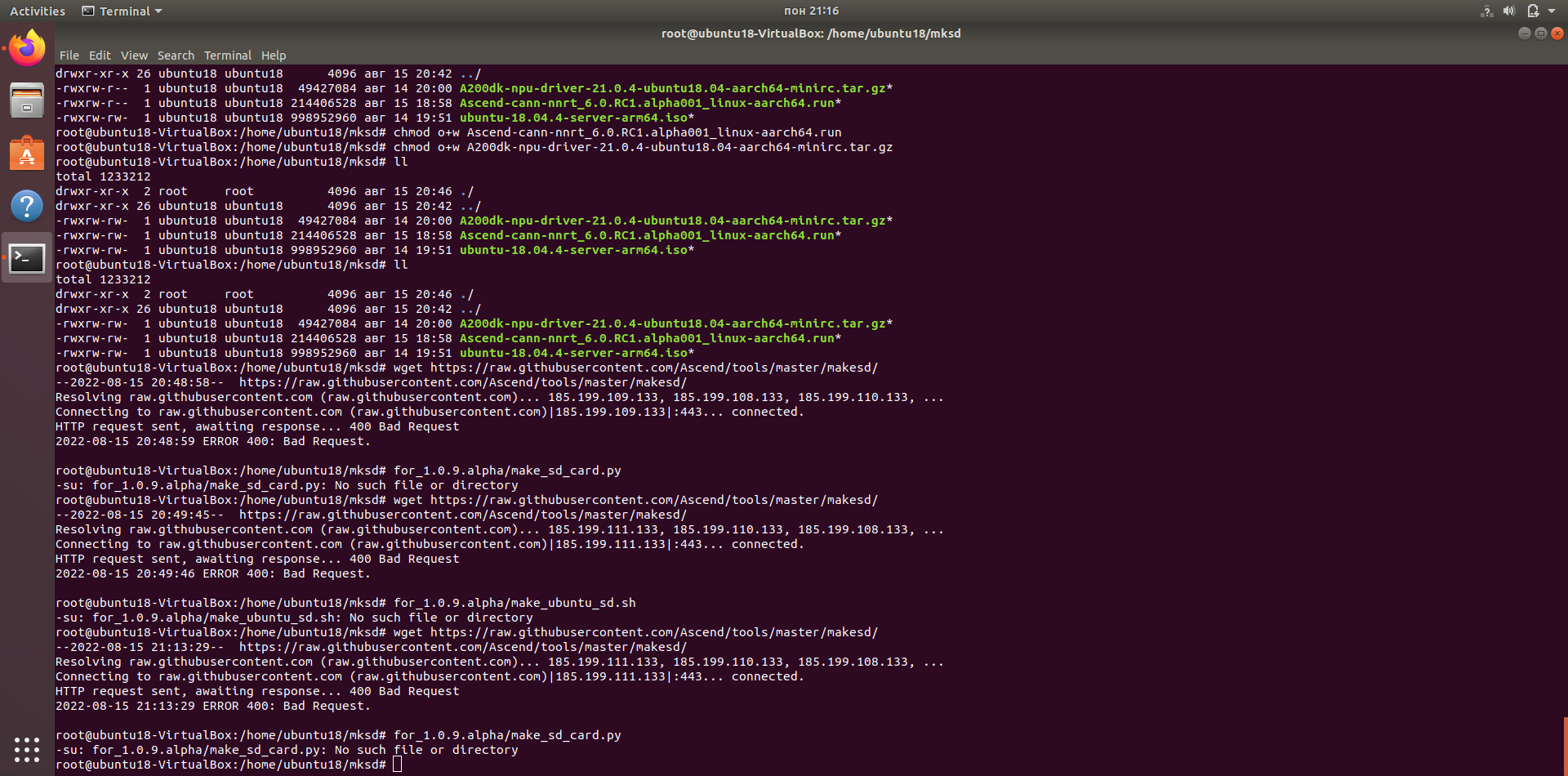Unlocking Python's Power: Your Guide To Py Forums & Beyond
In the vast and ever-expanding universe of programming, finding your footing and a supportive community can make all the difference. For Python developers, both aspiring and seasoned, the journey often leads to a crucial resource: the diverse ecosystem of online discussions and support networks, often colloquially referred to as "py forums." These vibrant communities are far more than just Q&A platforms; they are the beating heart of Python's collaborative spirit, offering invaluable insights, troubleshooting tips, and a direct line to the collective wisdom of thousands of developers worldwide.
Whether you're grappling with a cryptic error message, seeking advice on architectural design, or simply looking to stay abreast of the latest language features, engaging with py forums can dramatically accelerate your learning curve and enhance your problem-solving capabilities. This comprehensive guide delves into the essence of these communities, exploring how they connect with the official Python resources, the fundamental tools and concepts often discussed within them, and how you can leverage them to truly master this powerful programming language. We'll navigate the official documentation, dissect common Python challenges, and illuminate the pathways to becoming a more proficient and secure Python developer, all within the context of the dynamic Python community.
Table of Contents
- The Heartbeat of Python: Understanding Py Forums
- Navigating the Official Python Landscape: Beyond the Forums
- Python's Evolution: What's New and What's Next
- Demystifying Python's Core: Syntax, Libraries, and Tools
- The 'py' Command vs. 'python': A Windows Perspective
- Module Management and Import Mechanics
- Troubleshooting Common Python Pitfalls
- The YMYL and E-E-A-T Connection in Python Development
The Heartbeat of Python: Understanding Py Forums
When we talk about "py forums," we're encompassing a broad spectrum of online communities where Python enthusiasts gather. This includes the official Python mailing lists, popular platforms like Stack Overflow, Reddit's r/Python, dedicated Python subforums on larger developer sites, and even specialized communities for specific libraries or frameworks. These are the places where developers seek help, share knowledge, and engage in discussions about everything from basic syntax to complex architectural patterns. It's where you'll find answers to questions like "Why is there a difference between 'py' and 'python' when I'm using pip to install modules through the command line?" or "How do I correctly import functions from a `.py` file into another?" The true value of these py forums lies in their collaborative nature. Instead of struggling in isolation, you can tap into a collective intelligence. Experienced developers often volunteer their time to help newcomers, offering not just solutions but also explanations that deepen understanding. This shared learning environment is crucial for anyone looking to master Python, a language celebrated for its readability and power, making it "an easy to learn, powerful programming language" for many. The discussions often revolve around practical application, best practices, and troubleshooting, bridging the gap between theoretical knowledge and real-world coding challenges.Navigating the Official Python Landscape: Beyond the Forums
While py forums offer invaluable peer support, the ultimate authority and source of truth for Python lies with its official resources. These resources are frequently referenced and discussed within the forums, forming the bedrock of accurate information. The official home of the Python programming language is, of course, `python.org`. This website is your gateway to downloads, documentation, and news about the language. It's where you'll find the latest stable releases, such as Python 3.11.0, Python 3.10.7, and Python 3.9.14, and learn about the significant advancements in each version. The documentation section on `python.org` is a treasure trove. You can "browse the docs online or download a copy of your own." This comprehensive collection includes "Python's documentation, tutorials, and guides," which are "constantly evolving." Whether you need "a tour of Python's syntax and features," a detailed "library reference standard library and builtins," or want to explore "all what's new documents since Python 2.0," it's all there. Before getting started with any project, it's often recommended to consult these official guides. They can help you "find out which IDEs and text editors are tailored to make Python editing easy," "browse the list of introductory books," or "look at code samples." Py forums often direct users back to these official docs, reinforcing their importance.The Python Software Foundation: Guardians of the Language
Central to the Python ecosystem is the Python Software Foundation (PSF). "The mission of the Python Software Foundation is to promote, protect, and advance the Python programming language." The PSF is a non-profit organization that holds the intellectual property rights for Python, supports its development, and fosters its community. They organize PyCon conferences, fund various initiatives, and ensure the long-term health and stability of the language. When you download Python, you're interacting with the fruits of their labor. Understanding the role of the PSF provides a deeper appreciation for the collaborative and open-source nature of Python, a topic often discussed in py forums when new features or governance decisions are made.Verifying Your Python: Security and Trust
In an age where software supply chain attacks are a growing concern, ensuring the authenticity of your downloaded files is paramount. The official Python releases take this seriously. "Starting with the Python 3.11.0, Python 3.10.7, and Python 3.9.14 releases, CPython release artifacts are signed with Sigstore verification." This is a critical security measure. Py forums frequently highlight the importance of security, and discussions about "how to verify your downloaded files are genuine sigstore verification" are becoming more common. This process helps ensure that the Python interpreter you're using hasn't been tampered with by malicious actors, protecting your projects and data. Trustworthiness, a core E-E-A-T principle, is directly addressed by such verification methods.Python's Evolution: What's New and What's Next
Python is a living language, constantly evolving with new features, performance improvements, and bug fixes. Staying updated is crucial for any serious developer, and py forums are excellent places to discuss these changes. For instance, discussions around "What's new in Python 3.13" would be prevalent as new beta versions are released. These updates often bring significant enhancements that can simplify code, improve performance, or introduce new paradigms.Staying Current: New Features and Releases
The "What's New" documents, available on the official Python documentation site, provide a detailed changelog from Python 2.0 onwards. These documents are essential for understanding the progression of the language and adapting your code accordingly. When a new version drops, like Python 3.13, py forums light up with analyses, early adoption experiences, and discussions about how these new features impact existing projects. This continuous learning and adaptation are vital for maintaining expertise in the rapidly changing tech landscape. Developers often share their experiences with new features, discuss potential pitfalls, and collectively figure out the best ways to leverage them.Demystifying Python's Core: Syntax, Libraries, and Tools
At its heart, Python is known for its clear and concise syntax. The "tour of Python's syntax and features" available in the documentation is a great starting point. However, the real power often comes from its extensive "library reference standard library and builtins." The standard library alone provides modules for everything from web serving to data compression, cryptography, and more. Understanding how to effectively use these built-in capabilities is a frequent topic in py forums. For example, questions about `Py_compile — compile python source files`, `Dis — disassembler for python bytecode`, or `Pickletools — tools for pickle developers` are common for those delving deeper into Python's internals or optimizing their code.Essential Tools for Python Developers
Beyond the language itself, the tools you use significantly impact your development workflow. As the documentation suggests, "Before getting started, you may want to find out which IDEs and text editors are tailored to make Python editing easy." Discussions about VS Code, PyCharm, Sublime Text, or even simple text editors like Vim and Emacs are staples in py forums. Each tool offers different features, from intelligent code completion to integrated debugging, and the community often provides invaluable advice on setting them up and optimizing them for Python development. These discussions help newcomers choose the right tools and help experienced developers discover new efficiencies.The 'py' Command vs. 'python': A Windows Perspective
One common source of confusion, particularly for Windows users, revolves around how to launch Python scripts. This is a frequently asked question on py forums. The core of the confusion often lies in the distinction between the `python` command and the `py` command. If you're on Windows, you might have noticed that both `pythonModule Management and Import Mechanics
Understanding how Python modules and packages work is fundamental, and it's a topic that generates countless questions on py forums. A Python module is essentially a `.py` file. "The file name is the module name with the suffix `.py` appended." When you import a module, "within a module, the module’s name (as a string) is available as the value of the global variable `__name__`." This `__name__` variable is crucial for writing scripts that can be both executed directly and imported as modules. Navigating complex project structures, especially with multiple subdirectories, can be tricky. Consider a structure like:
How to open up .py files within headless setup - Jetson Nano - NVIDIA

Main.py Error after watching Tutorial - Python - The freeCodeCamp Forum

make_sd_card.py and make_ubuntu_sd.sh